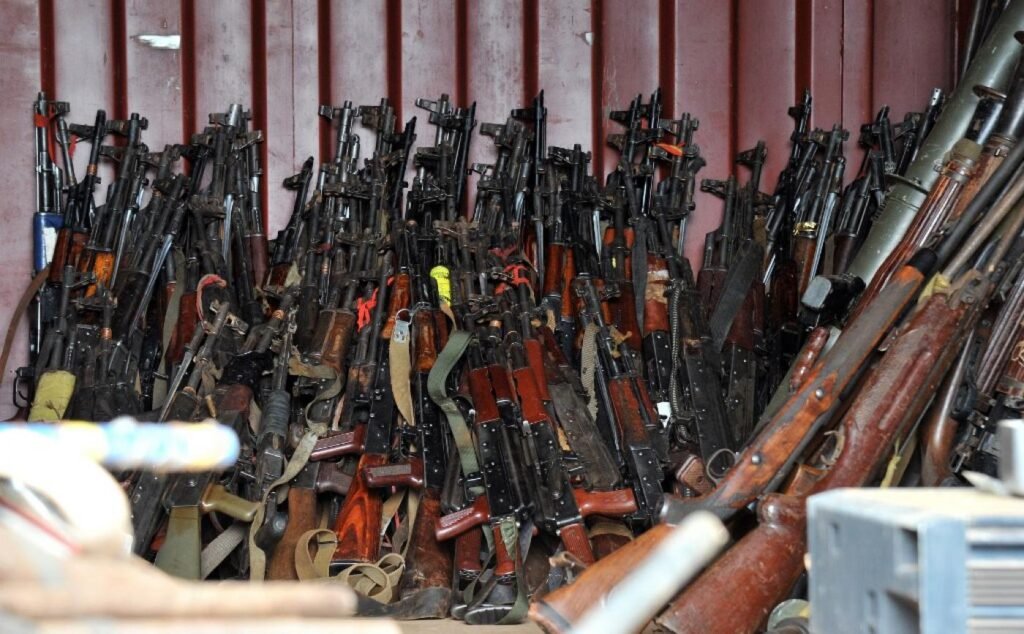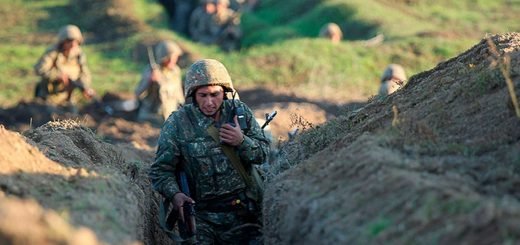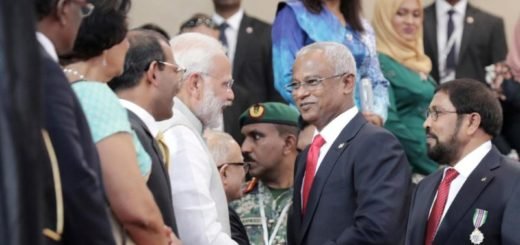Is Sudan a Potential Breeding Ground for Arms Dumping or a Future Conflict Arena?

Sudan’s affliction with conflicts and civil wars started with its independence in 1956. The roots of these conflicts lie in foreign intervention and the vested interests of superpowers in the region. The first relics of colonization by the Britishers and Egyptians trace back to 1898. Focusing developmental activities in the North and ignoring the needs of the south created a significant gap between both factions. The North had a proper administrative structure while in the south the powers were divided among different tribal leaders. The role of Christian missionaries and the spread of Islam widened the socio-economic divide even further Post-independence, the United States realized the cruciality of the country in the horn of Africa. As part of its geopolitical strategy, the United States started injecting massive caches of arms and ammunition. The erstwhile Soviet Union seeing the American tactical gambit adopted the same gameplan by dumping arms and waging war against American proxies. One can conclude that Sudan inherited a colonial-engineered socio-cultural divide aggravated by the cold war arms race.
Since independence, armed conflicts have consistently flared up in Sudan. It led to poverty and obstructed the country’s development costing millions of lives and displacing many. The constant civil wars, massacres, and armed struggles between anti-government groups and the state have caused a never-ending unstable political environment. Hence it could never break away from the shackles of bloodshed and poverty.

Already riddled by economic struggle and political instability, US sanctions in 1997 added to Sudan’s misery as the US suspected Sudan to be a sponsor of terrorist groups like Al Qaeda. In 1998 after the US bombed an alleged Al Qaeda bomb factory in Khartoum, Sudan got further isolated. The sanctions impacted the backbone of the economy and deprived the Sudanese people of necessities like healthcare, proper nutrition, transportation, and infrastructure. The country had become a breeding ground for terrorism and insurgency. In 2011, after a long-drawn civil war, South Sudan was carved out from Sudan. South Sudan’s secession meant losing 75% of the oil reserves that formed a prominent share of Sudan’s GDP. The US eventually lifted the sanctions in 2017.
However, it brought no respite for the Sudanese people. The inflation was high; fuel and food prices were skyrocketing. It led to country-wide protests in 2019. The military took over the administration sensing the danger and another brewing of civil war. Putting an end to Omar Al Bashir’s rule spanning over three decades, the military was dethroned. Even though it was a perfect chance for the pro-democratic groups to form a proper democratically elected government, they failed as the powers were still vested in the hands of the Sudanese army. Military heads and some civilian leaders agreed on co-governing the country until 2023, bringing it out of the turmoil and eventually transitioning into a democratically elected government.The small glimmer of hope was torn apart by the pandemic pushing Sudan into the deep end of an economic crisis. In 2021, the military conducted a coup overthrowing the transitioning government and seized total control of the country.
China’s growing friendship with Sudan with initiatives like Belt and Road Initiative (BRI) along with Forum on China-Africa Cooperation (FOAC) showcases growing Chinese interest in the region. China has been making efforts to bring peace and stability for its benefit. However, only time will tell whether these actions bring actual peace or more turmoil in Sudan



















